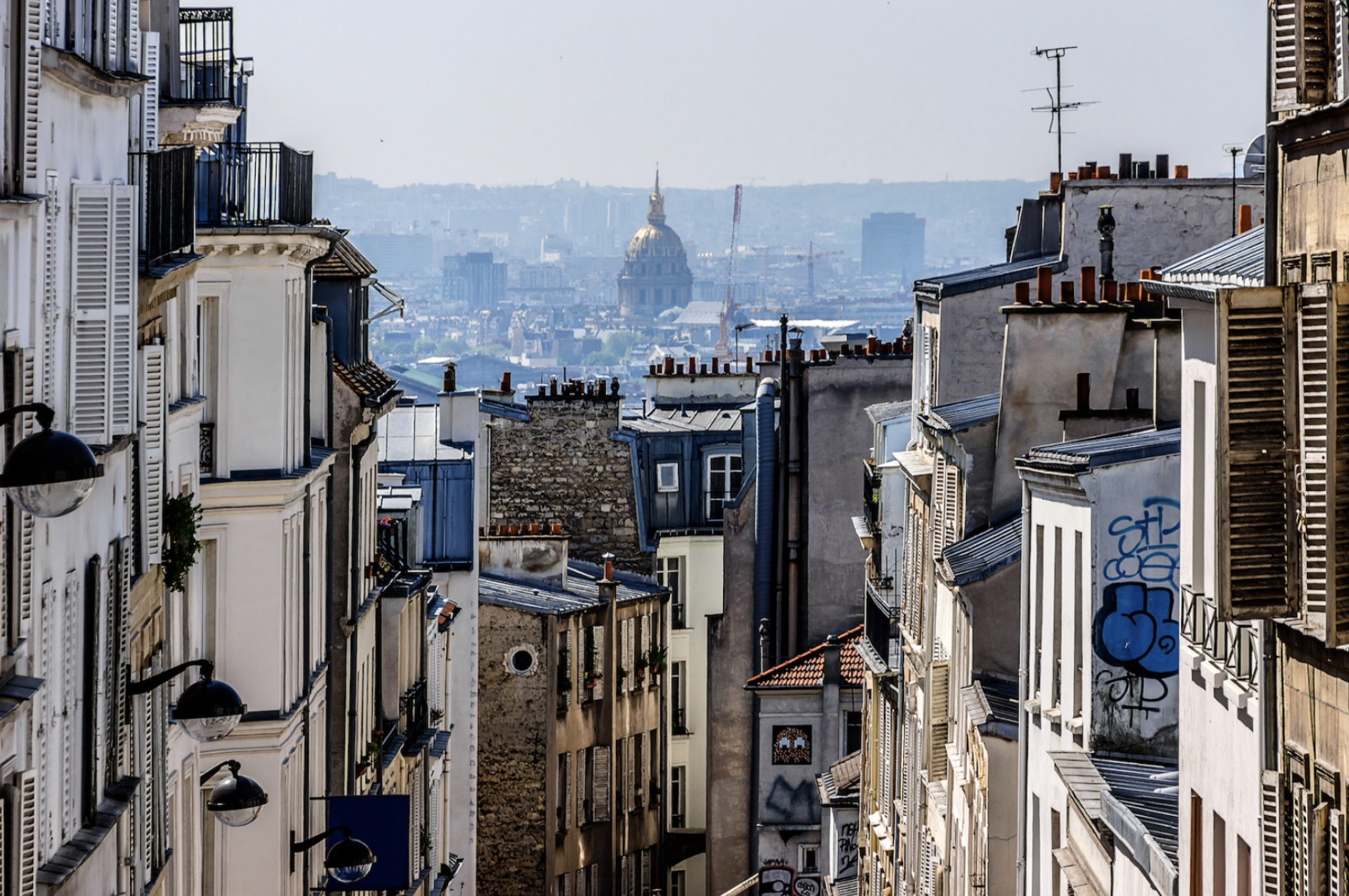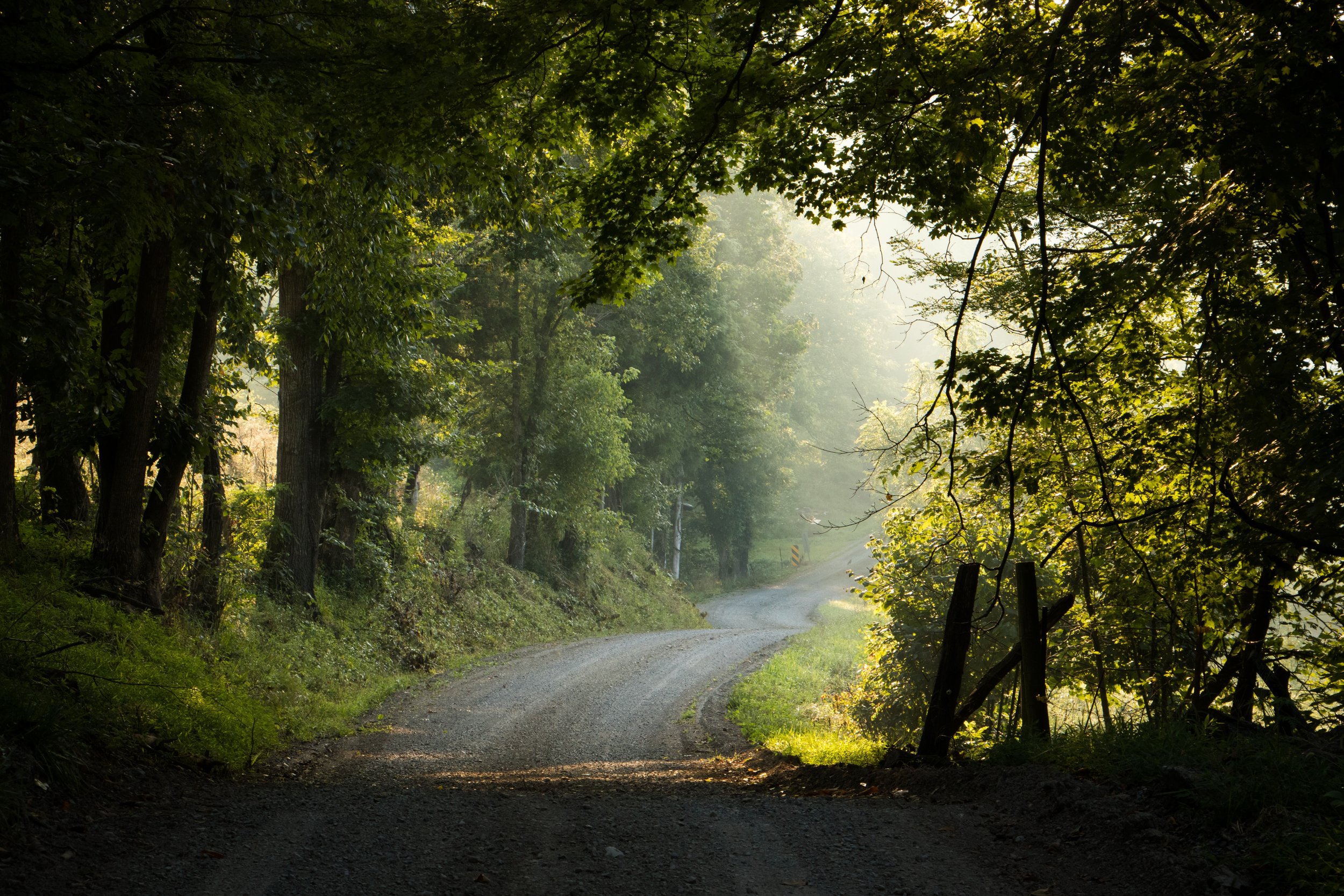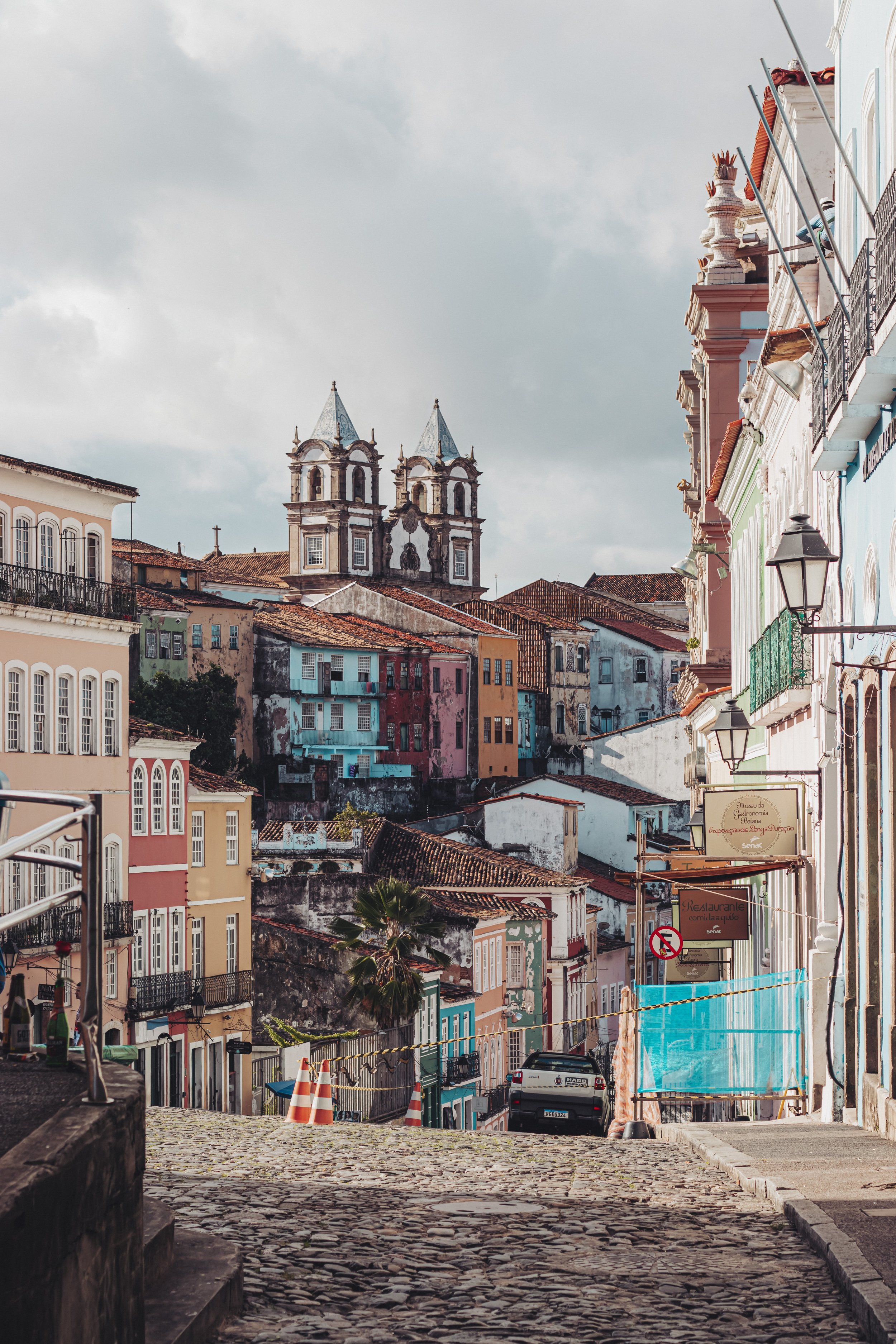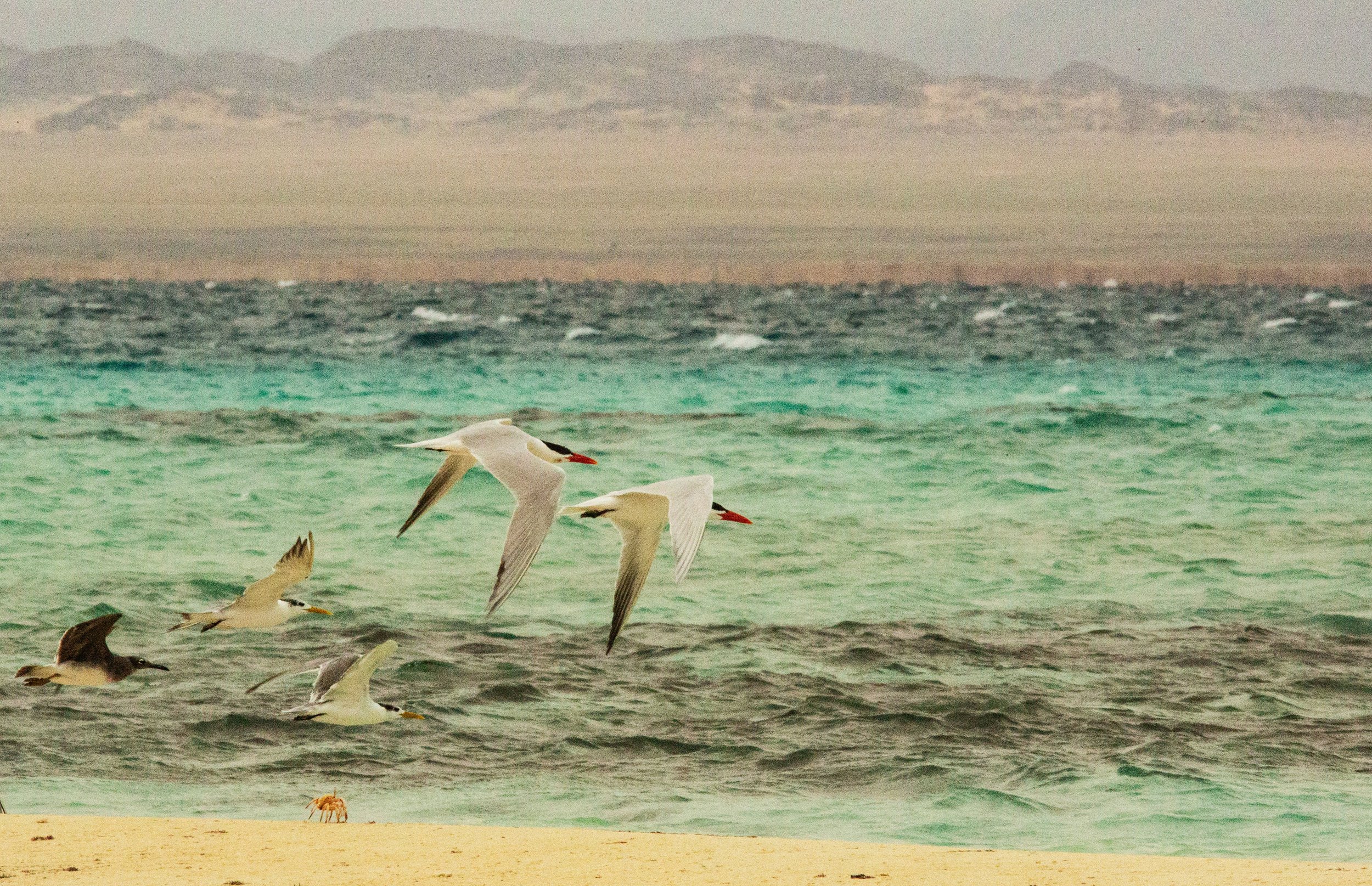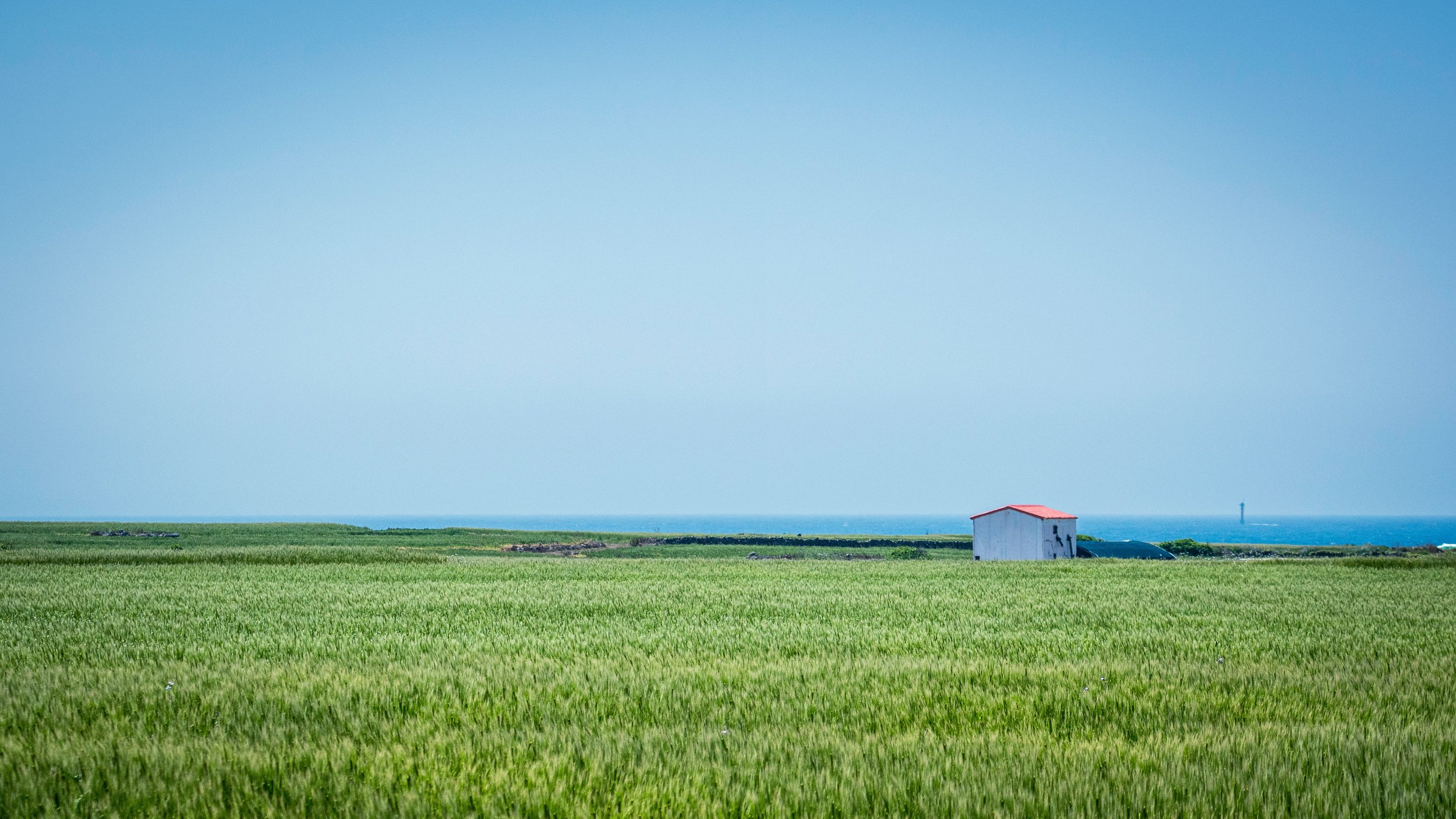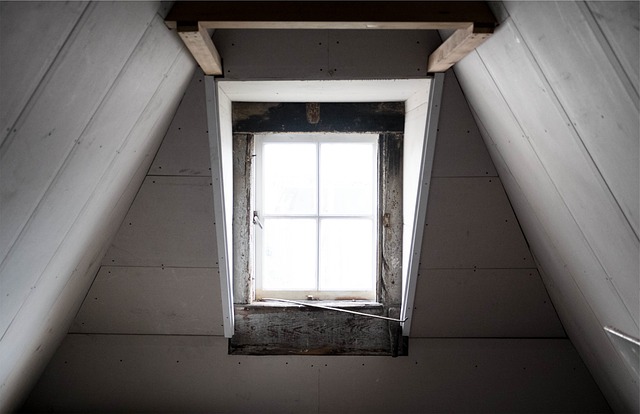Eve Babitz on the Run

According to Jacaranda, the protagonist of Eve Babitz’s Sex and Rage, “California was the only conceivable place on earth to be.” The first time I read those words, I was moving my life across from Los Angeles to New York, so Jacaranda’s love of California could have conjured twinges of regret for my in-the-midst move. This would have required any degree of emotional regulation, though, which a long drive does not provide. Driving eight hours a day is disorienting on its own; driving with my life packed in the back of the car warped eight hours into both minutes and years.
For the beginning of my trip out of Los Angeles my material reality remained southwestern, with red rocks and long horizons and dusty air, but my physical and emotional experience started disconnecting from any sense of time or place. I was leaving LA, a city where depression and painful former lives felt caked into its geography, but it was also the only place I had ever lived that I connected to on a cellular level. I was moving to New York because I needed to know what that connection could look like elsewhere—if it could look like anything elsewhere—so I filled my old Toyota Camry and left. I had no job prospects, long-term housing, or nuclear family waiting for me in New York. I had no idea what it would feel like to be in that city without the boundaries of being a tourist. I could look slack-jawed out the car window as I drove past the Grand Canyon, marveling at both the wonders of geological time’s effects on America’s environment and America’s effects on the wonders of geological time (like the amount of selfie sticks I assume litter the bottom of the Grand Canyon), but I could not visualize any aspect of the life towards which I was driving. Despite this, I also felt focused and energized and hopeful.
“Was I lusting for a new life in New York or was I finally realizing how terrified I was?”
Eve Babitz saw me off in Los Angeles and greeted me in New York. Every night in bed, as I traveled from the southwest to the northeast, I read Sex and Rage. Jacaranda made the same geographic leap, and I followed her surreal timeline as I started losing track of the days of the week. The surfer girl-turned writer ingénue who spent her 20s partying too much in LA before getting discovered by an East Coast editor embodied a mid-century dream of isolated Los Angeles. “When the surf was hot,” Jacaranda would say about LA, “everything reached a state of hurling glory and perfect balance between my body and the tides and eternity.” Later, as she arrived in New York, she pointed out how “[o]ne practically had to be crazy to resist the light as it dappled the horses and carriages south of Central Park across the street.” Her descriptions bridged my senses as my body began shifting place. It didn’t matter that I rarely made it to the beach in LA and I was moving to Brooklyn, an hour from Central Park. I was letting go of one world and opening myself to another, and as I was floating in time, Jacaranda described where I was leaving and where I was ending up. I could live in her body while my own had no sense of where I was.
Of course, in Sex and Rage, Jacaranda’s body was one dealing with sudden sobriety after a decade of hard partying as well as the social and professional obligations of writing a book. I could relate to none of this, having neither a substance abuse problem nor any prospects of a book deal, but luckily my imagination offered unlimited possibilities for projection. So when Jacaranda asks whether feeling “wide eyed with savage impulses” upon arrival in New York was “the d.t.’s or simply the city itself,” I could wonder whether my nervousness and excitement stemmed from New York’s essential qualities or the very disorganized choice to build a new life from almost scratch. People often confuse anxiety with horniness, and Jacaranda and I were no different. Was I lusting for a new life in New York or was I finally realizing how terrified I was?
The more days on the road, the more my body reflected the car’s tight quarters. My lips were cracked from the recycled air and my ass had not hurt so badly in my whole life. I hardly cared anymore about the states I was driving through. My impatience to arrive in Brooklyn was making me irritable, and the minutiae of the move and work it required was cramping my excitement. I wanted access to the same “bristling of desire” that floods through Jacaranda’s veins when she first arrives in New York. I didn’t want to acknowledge how fleeting such a sensation is, and how basing an entire move on it probably means I will be encountering some very difficult lessons.
When Jacaranda gets to New York, people meet her in disbelief, not understanding how anyone can actually be from LA. Despite assuming she was “too LA to be taken seriously,” Jacaranda was just LA enough to be coveted. I wasn’t arriving in New York with a book, but I was arriving with a hope that “I just moved here from LA” would be enough conversation fodder to coast through a few months of social anxiety. I could distract people from my frantic I-just-moved vulnerability with banal observations about the differences between both cities, like how the water in New York doesn’t actually taste that much better. It helped to spend less energy thinking about my words when I felt my body bumping into something unfamiliar every day.
“I learned that adjusting to discomfort is the most direct route to subduing its power.”
Superficially, Sex and Rage is about traveling between cities, but the story is really about toying with sobriety. Sobriety from drugs, from alcohol, from relationships that exist more as an idea than reality. While in New York, Jacaranda comes face to face with the ramifications of constantly surfing and drinking in Southern California—a meeting with an editor is an exercise in ignoring the cravings for the Bloody Mary’s “tip-toeing” across her mind. I had no attachment to a drink of choice, but moving to New York was still about my own tired addiction—believing that out there, somewhere, is the thing that will fix all my problems. Intellectually I knew moving wasn’t going to make my life resistant to pain, but my body craved the move with enough vigor and energy and conviction to make it feel like I had no choice but to start fresh.
Reading the book before getting to New York was an exercise in imagination. Once settled in Brooklyn, though, I finished reading Jacaranda’s story with a new focus, connecting to her walks in Manhattan rather than along the beach in Santa Monica. Her New York moments were my touchstones now, as the bright yellow and hot pink book traveled underground with me those first few days. I devoured the languid prose—so visibly contrary to the speed of my new daily movements—and quickly finished the book, leaving Jacaranda’s New York to find that my own had started filling in its edges.
It took about 8 months for those edges to solidify—for the adrenaline to wear off and my anxieties to catch up with me. As soon as I started feeling the fear and self-doubt and loneliness I was hoping to leave behind, I knew I had actually moved. I had settled enough into a life that my self felt comfortable enough to remind me that it’ll always be there. As much as I felt like I was the same, though, I also knew I had already experienced massive change. I had moved across the country. My original fantasies about having New York rid me of the struggles of life were not too far from the truth; it did not eliminate discomfort, but rather filled me with such intense levels of it that I couldn’t help but adjust. As such, much to my frustration, I learned that adjusting to discomfort is the most direct route to subduing its power. Jacaranda knew this, too. She had “seen the very worst of the Old World seductions and had even drunk its bad waters, which were supposed to be fatal to innocent virgins, but here she still was. She’d lived to tell the tale.” Months after reading those words, I found myself living them.
And yet, California continues to linger. Like Jacaranda said about New York, “Well, it’s nice. But there’s no burritos.”
ABOUT THE AUTHOR
Annie Lloyd is a writer in Brooklyn by way of Los Angeles.
Header photo by Nick Jio.



